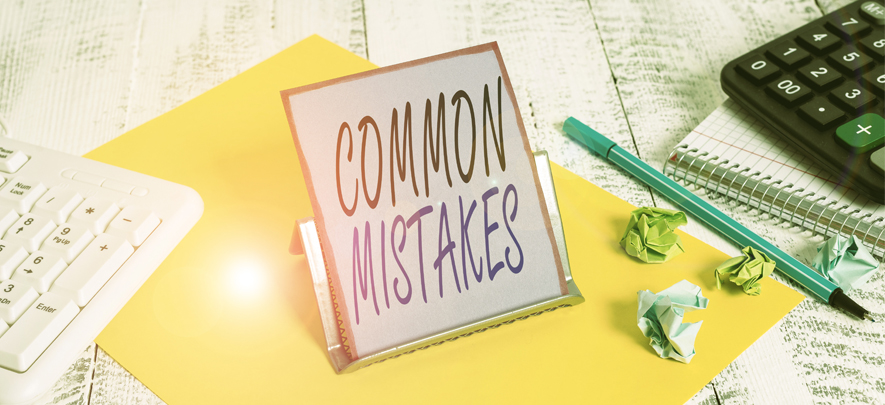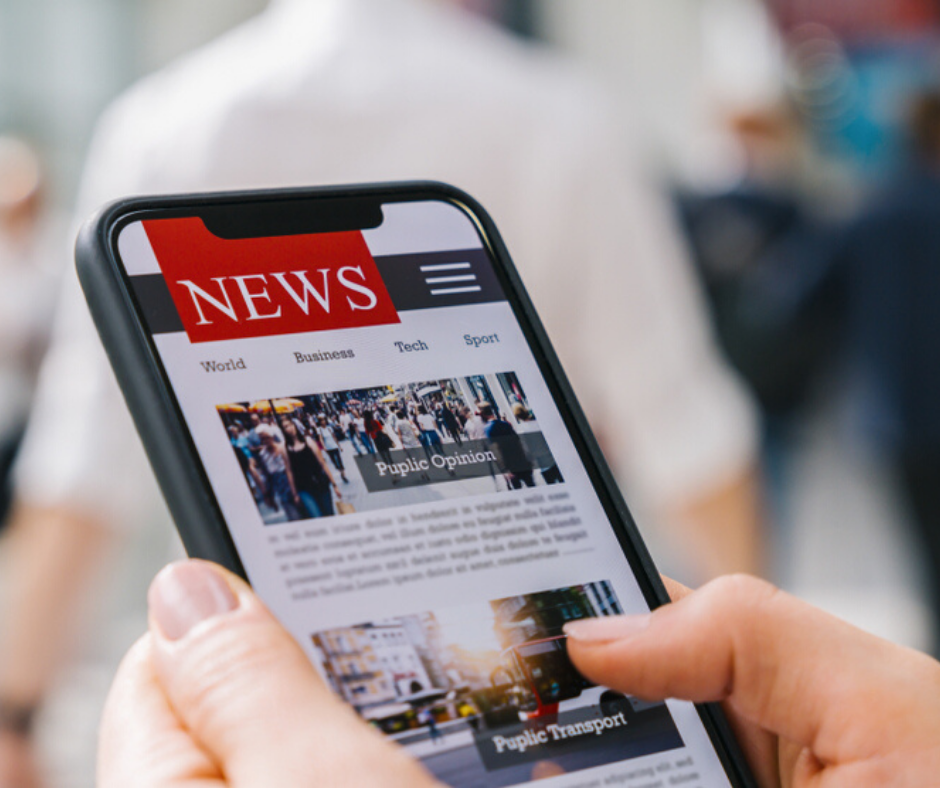Common business writing & grammatical errors you may have often missed

Business Development
285 week ago — 7 min read
Business writing can prove to be difficult for some people. While some might choose to shrug off the inability to communicate professionally, most companies think otherwise.
Being unable to write well can also hurt your personal branding. By having a reputation of being a lousy communicator or writer, people will tend to ignore your emails or tag your messages as incomprehensible or unimportant.
Writing is an organizational skill just as much as it is a communication skill and is in very high demand in almost any occupation - even in tech-driven fields like IT and engineering. Unfortunately, employers themselves have a hard time finding workers who can effectively write in a professional setting.
Being unable to write well can also hurt your personal branding. By having a reputation of being a lousy communicator or writer, people will tend to ignore your emails or tag your messages as incomprehensible or unimportant.
Learning to communicate well through writing takes practice. Some errors can even catch you by surprise. Here, we share common mistakes you can make - and how to stop making them.
Also read: 30 common business phrases to improve your communication skills as an entrepreneur
Your vs You’re
This is a common error that has proven to be a pet peeve for most people. I bet you’ve encountered it all before: “Your welcome.” Instinctively, people who face this often will not be able to let go of this error.
As a reminder, "YOUR" indicates possession while "YOU’RE" is a shortened version of “you are.”
Examples:
“Your writing needs work” vs “You’re writing the article for the blog.”
Tip: The difference between “your” and “you’re” can be easily found in its usage. If ever you find yourself unsure of whether you’re using the right word, try to expand the use of the word - remember that “you’re” is actually “you are.” If it doesn’t make sense, you’re misusing it:
“You’re writing needs work” = “You are writing needs work” = Incorrect
Bear vs Bare
The word BEAR is a wild animal that can also mean “to carry” or “to support” while BARE relates to being “empty” in some way.
Examples:
- “I fixed that with my own bare hands.” vs “I come bearing information for our next project.”
- “Walking barefoot during summer can be dangerous” vs “I can’t bear to see you in pain.”
- “It’s a bare document - there’s hardly anything useful in it.” vs, “I think I saw a bear escape the zoo the other day.”
Me vs Myself vs I
Even the simplest words can prove to be challenging to master. The tendency is that people use “myself” more simply because it sounds more professional, not realizing that they’re misusing it.
"ME" is used when you’re the object of a sentence while "MYSELF" is used when you are doing something to you. On the other hand, “I” is used when you’re the subject of the sentence.
Examples:
- “Please send me the documents once ready.”
- “I nailed that presentation all by myself!”
E.g vs i.e.
Usually mistaken to mean the same, but i.e." is used to clarify a statement while "e.g" is used to state an example.
One guideline used to remember the usage of these two terms is to connect the term “i.e” with the phrase: “in other words” while “e.g” is termed as “for example.”
Examples:
- “Some case studies (e.g. WARC) contradict our research.”
- “I love traveling to far away places - i.e. anywhere that requires a plane for me to visit.”
It’s vs its
“It’s” or is a contraction of “it is” or “it has” while “Its” is a possessive pronoun.
Examples:
- “My phone charger seems to have its wires tangled.”
- “It’s the first time I ever experienced such an event.”
Ensure vs assure vs insure
To “ensure” is to imply a guarantee while “assure” is to remove doubt. “Insure”, on the other hand, refers to insurance.
Examples:
- “We have to ensure our clients that our deliverables will be provided on time.”
- “I assure you that we’ll fix everything by the time of their arrival.”
- “Consult your accountant on how you can ensure your assets.”
Signing-off your emails
You might be good adept at writing professional emails already, but ending one might be more difficult. Here are a few formal yet polite options you can use:
- Kind regards
- Thanks
- Best wishes
- All the best
- Warmly
- Cheers
- Have a great day
- Have a good one
- Take care
- Many thanks
- Thank you so much
NEVER use these phrases:
- Tnx
- Thx
- ATB
- Rgds
And some can be accepted, depending on the context:
- Hope this helps
- Good luck!
- See you tomorrow!
- Enjoy!
These are just a few of the most common writing errors that corporate employees can encounter daily. It takes a lot of practice to develop business writing; that’s why even top-level executives benefit from attending skill-building workshops - to improve communication abilities and to avoid rookie mistakes such as the ones mentioned above. A few general guidelines to communicate effectively are: be straight to the point, be as clear as possible, proofread before sending anything, and consider that in most cases, less is more.
Ready to make your training development plan? We are your training partner for success! Contact us today!
To explore business opportunities, link with us by clicking on the 'Connect' button on my eBiz Card.
Disclaimer: The views and opinions expressed in this article are those of the author and do not necessarily reflect the views, official policy or position of GlobalLinker.
Network with SMEs mentioned in this article
View Alexis 's profile
Other articles written by Alexis Natividad
Weeding out the noise from news
258 week ago
5 tips to keep your brand alive inside out
260 week ago
Coping in the midst of a contagion
262 week ago
Most read this week













Comments (1)
Share this content
Please login or Register to join the discussion